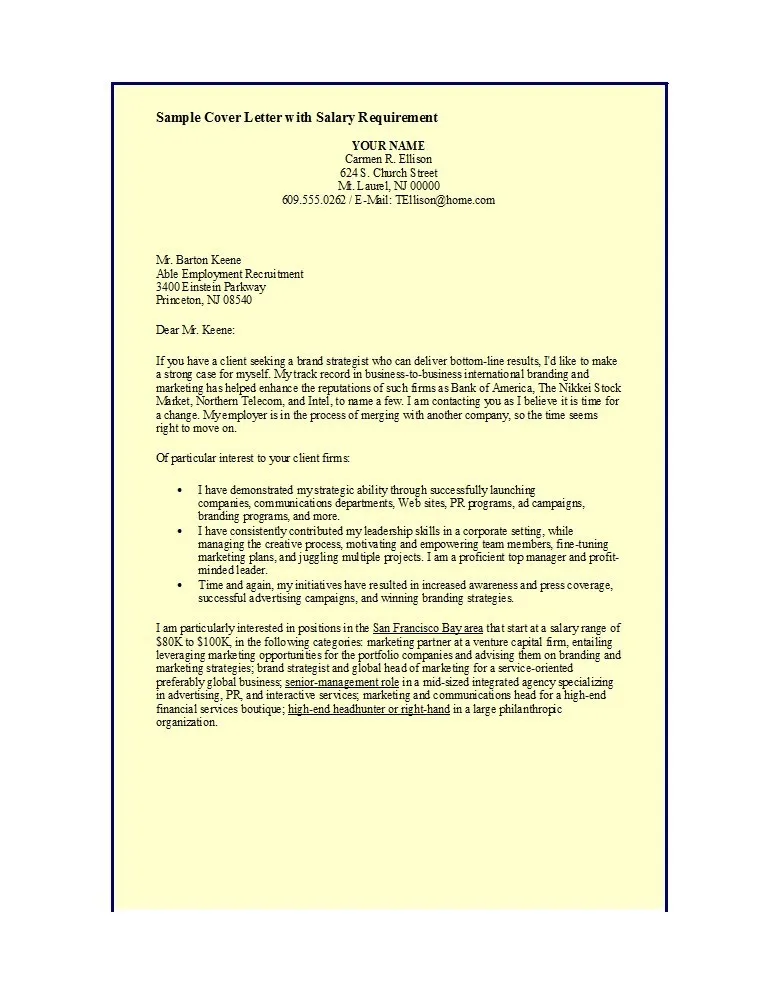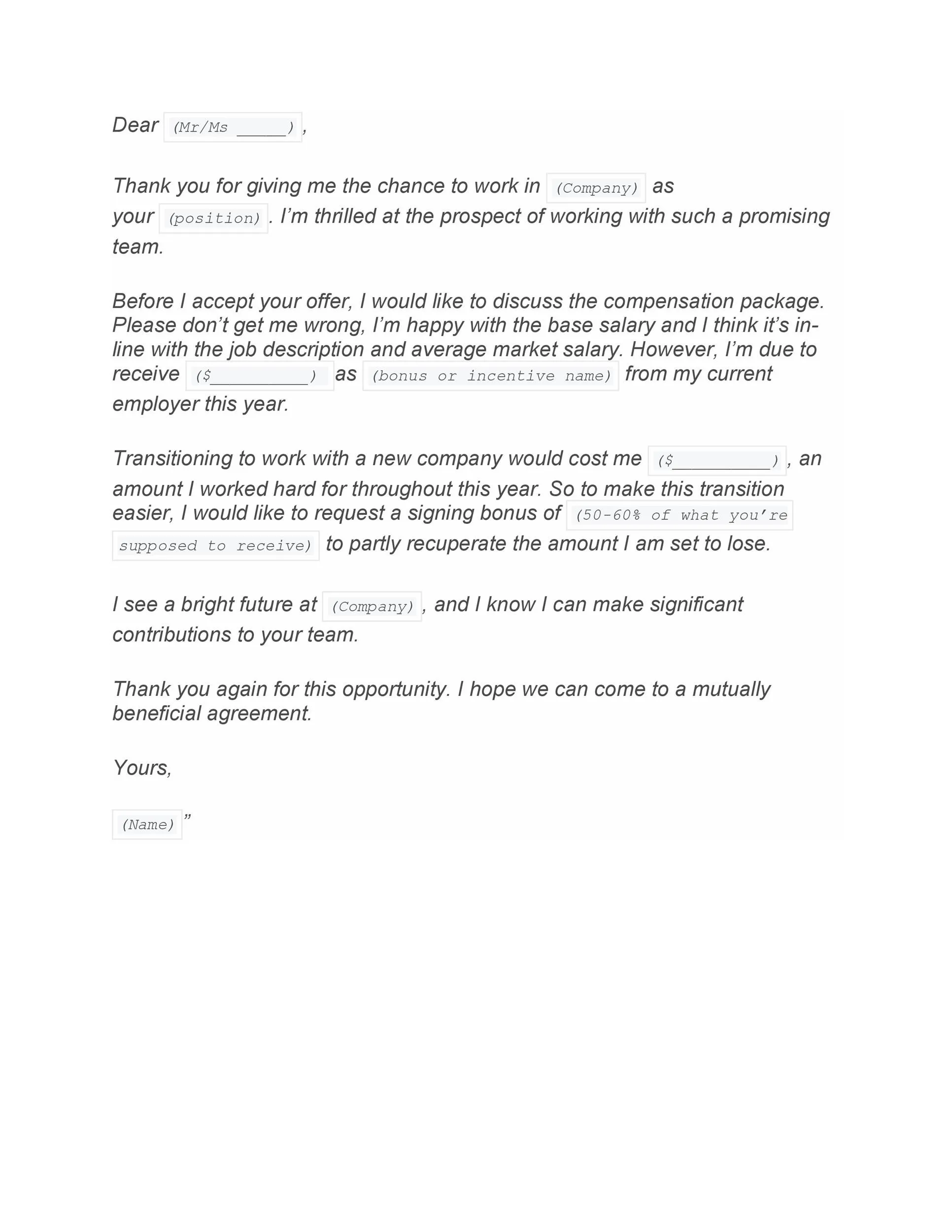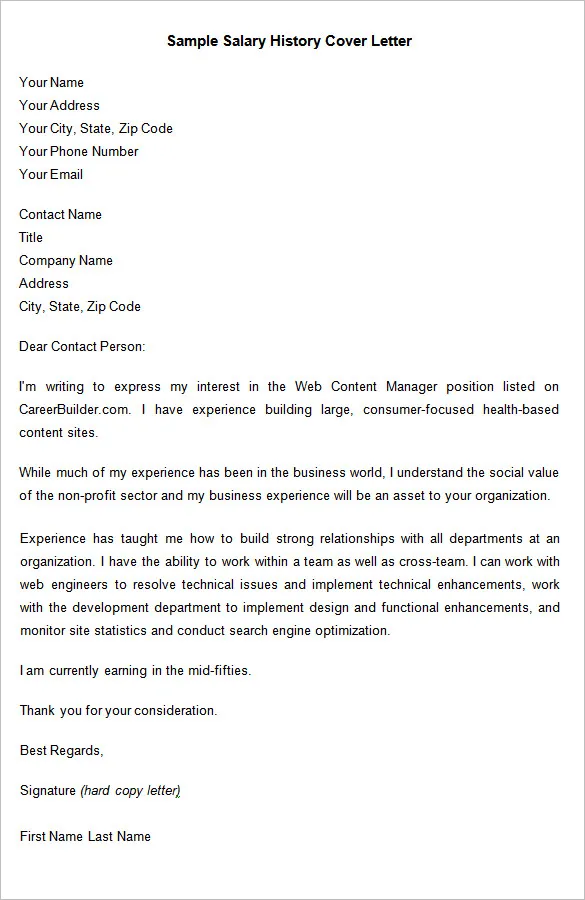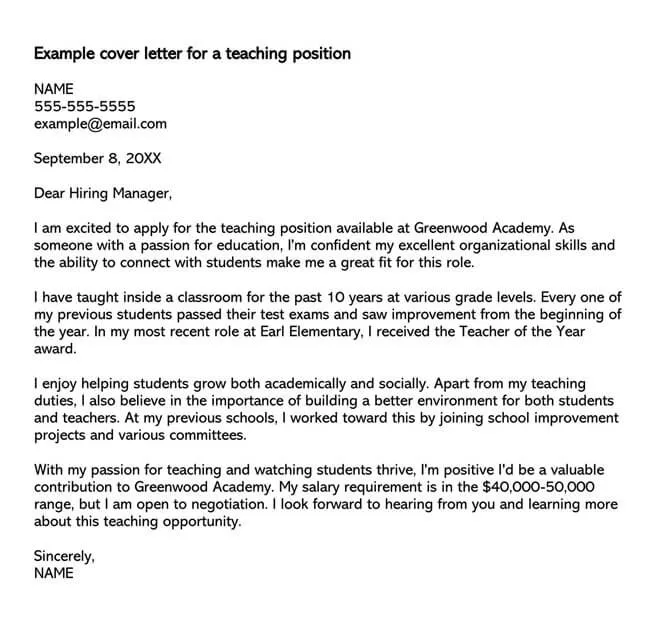What is a Cover Letter
A cover letter serves as your first introduction to a potential employer, accompanying your resume in a job application. It’s a personalized document that allows you to elaborate on your qualifications, skills, and experiences, connecting them directly to the job requirements. Unlike your resume, which offers a concise overview, a cover letter provides an opportunity to tell your story, showcasing your personality and expressing your genuine interest in the specific position and company. A well-crafted cover letter can significantly increase your chances of getting noticed and landing an interview, making it a crucial element of a successful job application.
Why You Need a Cover Letter
While your resume provides a factual account of your work history and skills, a cover letter helps you connect with the hiring manager on a more personal level. It demonstrates your understanding of the role and the company’s needs, conveying your enthusiasm and passion for the opportunity. Many employers view the cover letter as an indicator of your communication skills, attention to detail, and overall professionalism. By explaining why you’re a great fit for the job and how your skills and experience align with the company’s goals, the cover letter can set you apart from other candidates and make a strong first impression.
Tips to Include Salary Expectations

Addressing salary expectations in your cover letter can be tricky, but it’s often necessary. The key is to be professional, informed, and flexible. Researching the typical salary range for the position and your experience level in the specific geographic area is essential before you start drafting your cover letter. It’s also a good idea to check the job description to see if the employer has explicitly requested salary expectations. If a range is specified, you can use it, or you can write something simple and easy for the recruiter.
Research the Salary Range
Before mentioning any salary expectations, it’s important to research the average salary for the position you’re applying for, taking into consideration your experience level and the location of the job. Use online salary calculators and resources like Salary.com, Glassdoor, or Payscale to get an understanding of the typical pay range. This research helps you avoid setting your expectations too high or too low, which can be detrimental to your candidacy. When you have a realistic understanding of the salary range, you can confidently include it in your cover letter or be prepared to discuss it during the interview process.
Clearly State Your Expectations
If the job posting requests salary requirements or if you’re comfortable sharing them, clearly state your expectations in your cover letter. You can express your expectations in several ways. The best approach is to mention a salary range, indicating that you are flexible. If you are not comfortable giving a number, you can state that your salary requirements are competitive. Your aim is to demonstrate that you’ve done your research and that you have a realistic view of the market value of your skills and experience. It’s equally important to express your willingness to discuss salary further during the interview stage.
Be Confident and Professional

When discussing salary, maintain a confident and professional tone throughout your cover letter. Avoid sounding desperate or overly demanding. Emphasize your value and the skills you bring to the table, but don’t be afraid to state your requirements. Presenting yourself professionally and confidently shows that you respect your worth and are aware of your experience and skills. Remember that the interview is when you have the opportunity to get the job, and your first impression is a letter. If you are in the process of writing a cover letter, keep these things in mind to better help your chances of landing an interview.
How to Write a Cover Letter
Writing a compelling cover letter is a skill that can make or break your job application. You must tailor your cover letter to each job, always research the company, and be authentic. Begin with a professional greeting, addressing the hiring manager by name if possible. In your introduction, state the position you’re applying for and where you found it. Use the body of your cover letter to highlight your relevant skills and experiences. Quantify your achievements whenever possible, using numbers and data to demonstrate the impact you’ve made in previous roles. Finally, close with a strong call to action, expressing your enthusiasm and willingness to discuss your qualifications further. Proofread and edit the cover letter for grammar, spelling, and punctuation before submitting it.
Use Action Verbs
One of the best ways to make your cover letter stand out is to use action verbs to describe your accomplishments and responsibilities. Action verbs bring your experiences to life, making your letter more engaging and dynamic. Instead of saying ‘Responsible for project management,’ use stronger action verbs like ‘Managed projects.’ When writing your cover letter, focus on showcasing your achievements. Highlighting your results shows the reader what you can offer the company. By using a variety of action verbs, you can create a cover letter that’s not only informative but also compelling and memorable.
Highlight Your Achievements

In addition to describing your skills and experiences, highlighting your achievements is a great way to impress the hiring manager. Instead of simply listing your job duties, focus on the results you’ve achieved in previous roles. Quantify your accomplishments whenever possible. Did you increase sales by a certain percentage, reduce costs, or improve customer satisfaction? Using numbers and data to support your claims makes your achievements more tangible and impactful. Focusing on accomplishments in your cover letter makes you stand out from other candidates and demonstrates that you can bring value to the company.
Proofread and Edit Your Letter
Before submitting your cover letter, proofread and edit it meticulously. A single typo or grammatical error can damage your credibility and make a negative impression on the hiring manager. Review your cover letter for any mistakes in spelling, grammar, and punctuation. It can be a good idea to ask a friend or family member to review your letter as well, as a fresh pair of eyes can often catch errors that you might miss. Proofreading is a critical step in the cover letter writing process that can greatly influence your chances of getting an interview.
Follow Up After Submitting
After submitting your cover letter and resume, it’s good practice to follow up with the hiring manager or the company’s recruitment team. Sending a follow-up email a week or two after submitting your application shows your continued interest in the position and helps you stay top of mind. Thank the hiring manager for their time, reiterate your interest in the role, and briefly mention any relevant skills or experiences. It’s also an excellent opportunity to address any questions or concerns the hiring manager may have about your application. Following up can set you apart from other candidates, demonstrating your professionalism, eagerness, and initiative, and improving your chances of getting an interview.
